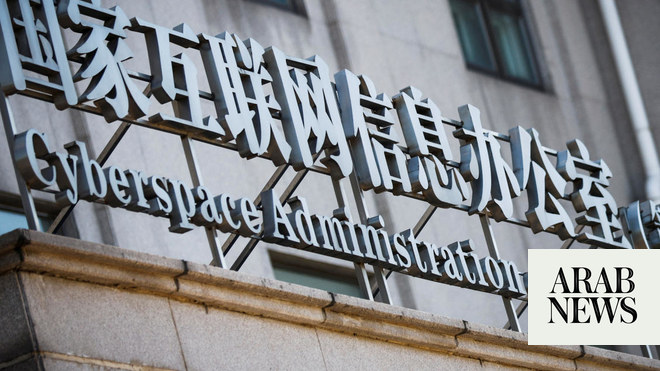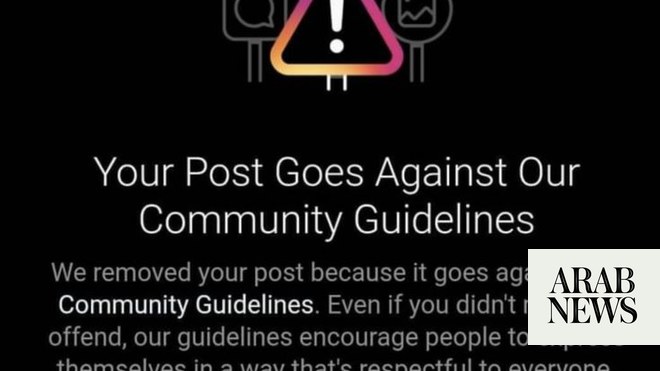
On Wednesday, my therapist set me a task: to record every time I logged on to Twitter, what I posted, and how I felt in the process. This embarrassing piece of homework was in response to an impassioned rant I’d embarked on, during our session. “Everyone just keeps trumpeting their opinions like they know anything,” I said, pausing before admitting that my anger was also drawn from frustration at my own posting behaviour. “Why can’t I stop wading in?”
It’s a question I think many will be asking themselves. As Russian tanks began to roll across Ukrainian borders, so too began the real-time reactions. It was to be expected; for the roughly 53 million social media users in the UK, it is hardly unfamiliar in 2022 to see reality filtered through Twitter timelines and Instagram feeds. Despite what some have claimed, the conflict is not even close to being the “first social media war” . But it is the first of this scale on the back doorstep of the west. For many millions in the UK, the war feels closer to home, both in terms of geography and the online spaces they inhabit, a fact disappointingly evidenced by broadcasters drawing oafish comparisons between the shock of combat in “civilised” Europe v conflicts in the “developing world”.
This has played out online in an onslaught of opinions and infographics. Surreal moments of well-meaning intervention have occurred, such as popstar Dua Lipa entreating her nearly 80 million Instagram followers to donate to the Ukrainian army. Elsewhere, social media users have held forth on everything from whether nuclear weapons would totally or partly destroy the human race, to the role of astrology in current events.
On social media, to be silent is to be found wanting. Despite the different registers of specific platforms (Instagram, for example, is all earnest “awareness”, whereas TikTok is laced with a frenetic, theatre-kid energy), all of them depend on compelling users to actively produce and engage with content. In times of crisis, this demand – baked into code in order to ensure profit for tech bosses – has found itself expressed as a moral obligation. In the case of Ukraine, to visibly engage and express solidarity is viewed as akin to enacting it through practical, tangible action. We are not looking away. We are analysing, boosting and amplifying. We are posting through it.
In times of shared distress, people have always coalesced to engage in a collective exercise in sense-making. But the problem is, the online spaces where we gather now are not ones that encourage measured conversations, or the admission that we know little, or maybe nothing at all. Instead, social media platforms are built around the cult of the individual, where knowledge is always delivered in a tone of utmost authority. Counter-knowledge is proffered combatively. The picture in Ukraine doesn’t seem much clearer, but the chatter of social media is a cacophony.
People want to be plugged in: this week’s huge jump in viewership for BBC “heavyweight” political offerings such as Newsnight demonstrate that. But many of us have also become conditioned to post our thought processes, analysis and reactions as a stream of consciousness, on platforms where everything – technically – is treated with the same import and weight. Often in these spaces, the overwhelming nature of the information we are bombarded with flattens into a focus on smaller, more accessible details, resulting in pedantic debates about military capacity and so on. There’s a tendency to view the conflict through the lens of our pre-existing disputes (see: bizarre claims about the west’s failure to confront Russia being caused in part because it has been distracted by pronouns). In the cold light of day, all this seems monumentally narrow and grubby.
It’s not that these social feeds haven’t resulted in materially useful outcomes. The mobilisation of global Black communities, led by Black British women, not only alerted the general public to horrific racism being faced by Black and Brown students attempting to flee Ukraine, but also provided practical financial support for those who remain trapped. Verified donation schemes have been able to tap into ready-made audiences, primed and eager to help. Slowly, mass outrage at brazen government refusal to aid refugees from the region is chipping away at the Home Office’s determination not to waive visa recommendations. When social media meets specific organisational goals that can be translated into practical action, then we see worthwhile results.
Too often, however, that truth is forgotten or pushed aside in the heady rush to post our way out of powerlessness. Isn’t that it? What is happening in Ukraine – as is what is happening in the likes of Palestine and Tigray, and all the regions where conflict rages – exposes our individual helplessness. It is a shock to be reminded of your own personal impotence in the face of geopolitical forces. Turning to the internet, where your voice echoes loudly once more, and a reshare is trumpeted as a quick solution to the distress, is a balm.
But it’s a fleeting feeling of catharsis. Closing Twitter after a long day of sharing opinions leaves me spent, and often angry, but no closer to feeling as if I’ve made any real difference. The solution is, of course, one that’s existed for aeons: engage in the unshowy, sustainable work of collective organising. Pulling together donations for refugees. Fundraising. Mounting further pressure on the Home Office to immediately waive visa requirements. None of that precludes posting on social media, especially if you really do know what you’re talking about. But I’m not convinced that many of us do, to be honest. It’s a lesson in humility and forgoing the short-lived fix. I think the annals of history can survive this round without my take.
Moya Lothian-McLean is a journalist who writes about politics and digital culture












